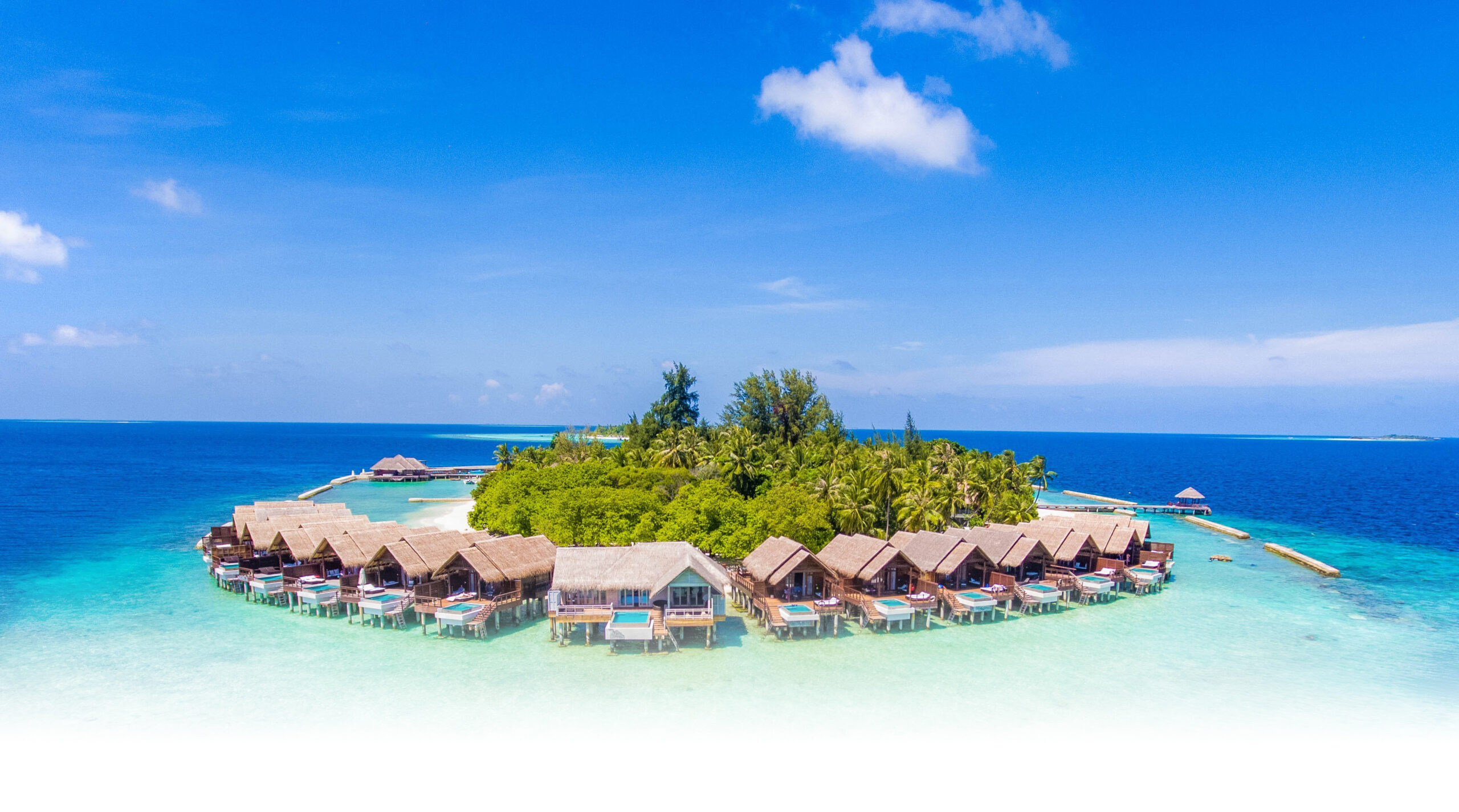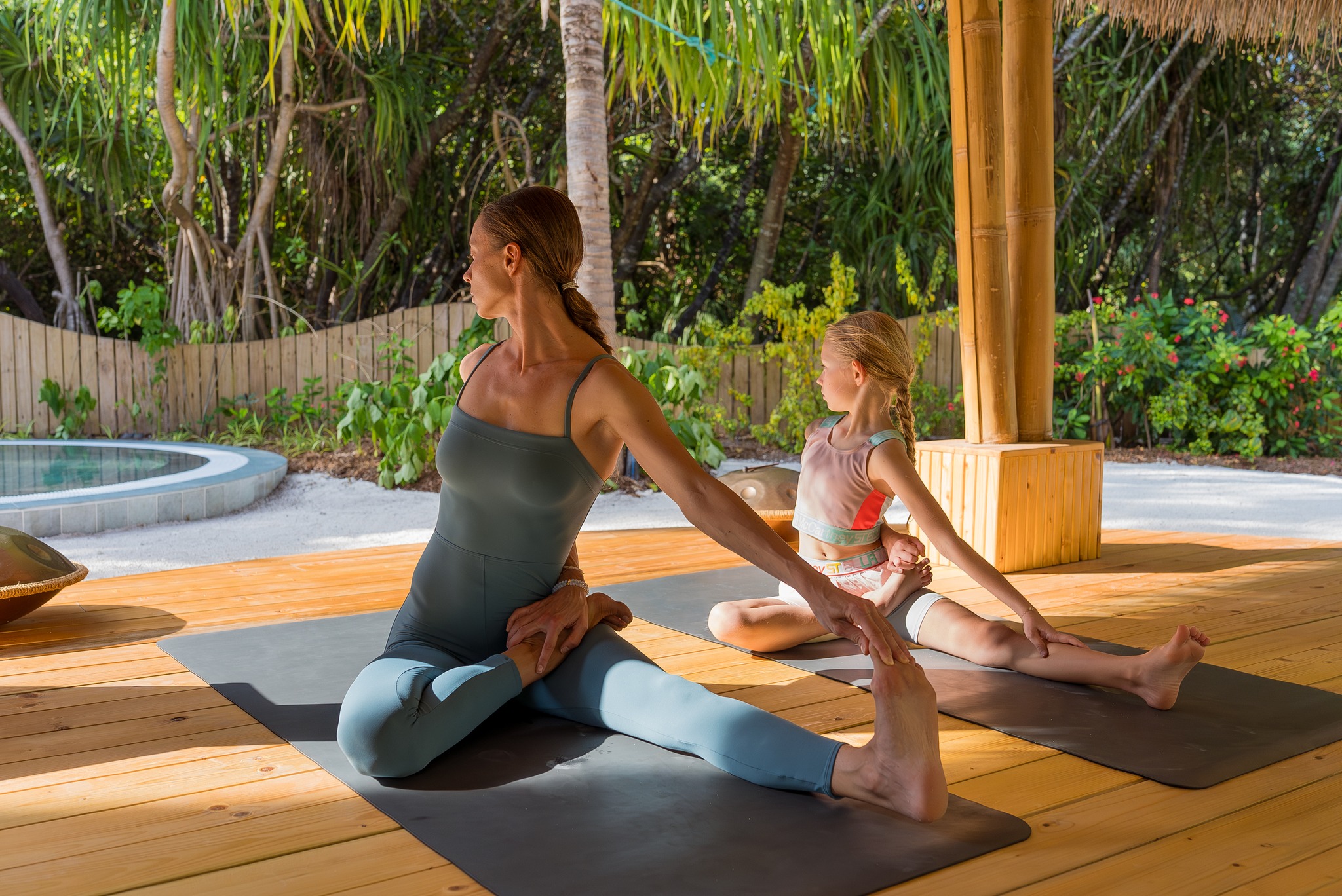InterContinental Hotel Group’s properties in the Maldives, InterContinental Maldives Maamunagau Resort, and Holiday Inn Kandooma Maldives are celebrating the International Housekeeping Week. The international housekeeping week is a week to acknowledge the efforts of Housekeepers from all around the globe.
InterContinental Maldives Maamunagau Resort in Raa Atoll of the Maldives is the first and only All-Club InterContinental resort. Meanwhile, Holiday Inn Resort Kandooma Maldives in South Male Atoll boasts 160 villas polished in four different styles.
This #InternationalHousekeepingWeek, we want to sincerely thank all of our housekeeping heroes #HereAtKandooma. Day in, day out, and especially during the Covid-19 pandemic, our amazing housekeepers do everything to ensure that you feel safe and secure when you arrive on our beautiful island.
A statement on a Facebook post by Holiday Inn Resort Kandooma Maldives read.
IHG’s Clean Promise gives the guests greater confidence and provides the hotel teams with the protection needed. Likewise, IHG Way of Clean program was launched in 2015 and developed with Ecolab and Diversey. However, now the program is enhanced with additional COVID-19 protocols and best practices.
Holiday Inn Resort Kandooma Maldives boasts villas in four different styles. The categories include; beach and garden villas, beach houses, family villas, and also over-water villas. At the resort, guests can indulge in a soothing Thai massage and other beauty treatments at Kandooma Spa and book the Spa Suite’s private garden with a plunge pool for a romantic afternoon at the resort.
Meanwhile, with soft white sands and palm tree peppered terraces At InterContinental Maldives Maamunagau, guests will be mesmerized by island life from the moment they board the seaplane to the tranquil shores of the Raa Atoll. In addition to that, the resort boasts 6 restaurants and 81 villas as well. For further information about the resort go to maldives.intercontinental.com.







